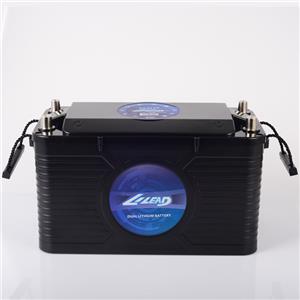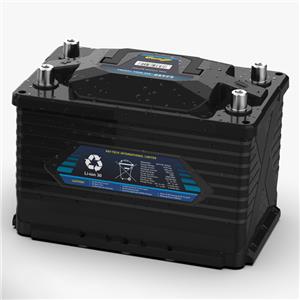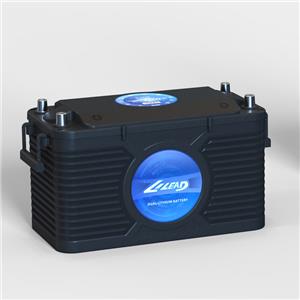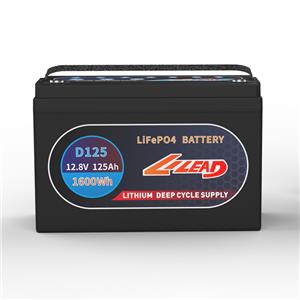How effective is the application of lithium batteries on sailboats and yachts?
The application of lithium batteries in sailboats and yachts has achieved significant practical results, and the following are some specific aspects of performance:
Endurance: Lithium batteries have a high energy density and can provide longer endurance for sailboats and yachts. Compared to traditional lead-acid batteries, lithium batteries can store more energy, enabling ships to navigate longer distances and reducing the frequency of energy replenishment. This provides convenience for long-distance and long-term navigation.
Fast charging: Lithium batteries have fast charging capacity and can complete the charging process in a short period of time. This means that the shipowner can quickly charge the battery, reduce waiting time, and improve navigation efficiency. Fast charging capability is crucial for ensuring the continuity of energy supply during sea travel.
Lightweight design: Lithium batteries are more lightweight compared to traditional lead-acid batteries. This enables sailboats and yachts to reduce load, improve handling performance and sailing speed. After the weight of the batteries carried by the ship is reduced, the impact on the hull structure is correspondingly reduced, reducing the limitations of the energy system on the overall ship design.
Silence and No Emissions: Compared to traditional fuel powered generators, the application of lithium batteries in sailboats and yachts can achieve silence and no emissions. The working process of the battery is free of noise and exhaust emissions, making the ship more environmentally friendly and comfortable during navigation. This is of great significance for environmental protection and ecological sustainability.
Maintenance costs: Lithium batteries are more economical in terms of maintenance costs compared to traditional lead-acid batteries. Lithium batteries have a longer cycle life and do not require frequent replacement, reducing the frequency and cost of maintenance and battery replacement. This is an important savings for shipowners.

In summary, the application of lithium batteries in sailboats and yachts has achieved significant practical results. They provide longer endurance, fast charging, lightweight design, as well as silent and emission free features, providing a better experience and sustainable energy solutions for ship navigation. With the continuous progress of technology, the application of lithium batteries in the fields of sailing and yachts will continue to improve and develop, further enhancing their practical effects.
The future development directions include:
Improving energy density: There is still room for improvement in the energy density of lithium batteries. With the development of new materials and technologies, future lithium batteries are expected to achieve higher energy density and provide longer cruising range. This will provide greater convenience for longer voyages and longer voyages.
Improving charging technology: Currently, the commonly used charging methods on sailboats and yachts include solar charging and wind power generation. Future development will focus on improving charging efficiency and charging speed to shorten charging time and further improve navigation efficiency and flexibility.
Intelligent energy management system: Combining the Internet of Things and artificial intelligence technology, future sailboats and yachts will be equipped with intelligent energy management systems. These systems can monitor and analyze the status and performance of batteries, optimize energy management based on navigation needs, and improve battery life and navigation efficiency. The intelligent energy management system can also predict and optimize energy use based on factors such as weather, routes, and energy consumption, achieving more intelligent ship operation.
Integration of multiple renewable energy sources: in addition to solar energy and wind energy, sailboats and yachts can also integrate other renewable energy sources, such as Tidal power, hydraulic energy, etc. By comprehensively utilizing multiple energy sources, the stability of energy supply and navigation flexibility of ships can be further improved, achieving more environmentally friendly and sustainable navigation.
In summary, the application of lithium batteries in sailboats and yachts has achieved significant practical results and has broad development prospects. Future development will focus on increasing energy density, improving charging technology, intelligent energy management systems, and integrating multiple renewable energy sources. These developments will further enhance the navigation capabilities, environmental friendliness, and comfort of sailing and yachts, promoting the development of green navigation.




